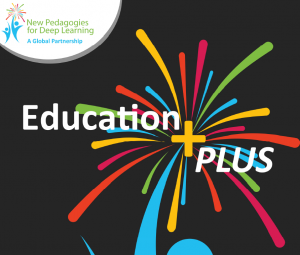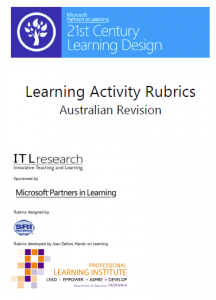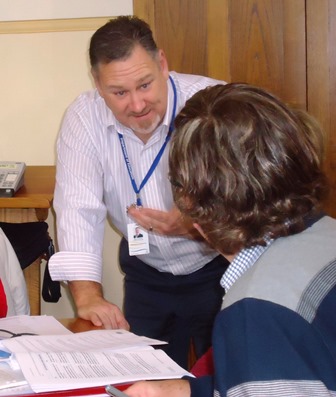I first heard Michael Fullan speak about Education Plus in the first New Pedagogies for Deep Learning institute Hong Kong November 2013. The notion intrigued me – it seemed to me that he was talking about a social or societal value add component to existing education. The idea that we can lever the future return on educational outcomes by teaching for growth outside the cognitive space, and in a way that builds moral and ethical capacity. By consciously building capacity to recognise and work in an innovative, “adjacent possible” kind of arena, we are building the kind of social capital that is future focussed and sustainable.
In Michael’s paper “Education Plus” (available here) he defines Education Plus as
“….not simply about learning 21st century skills in isolation from doing, nor is it about acquiring basic skills and knowledge out of context. Instead, it is about collaborative learning through reflection in action and on action in order to become better at negotiating the messy, fuzzy, dilemma‐ridden context of real‐world life and work with positive impact. It is about developing an attitude of mind, a set of values and the personal, interpersonal and cognitive capabilities identified repeatedly in studies of successful early career graduates and those leaders who have helped create more harmonious, productive and sustainable workplaces and societies.”
The New Pedagogies, 6 C’s and Ethical Entrepreneurialism are interconnected in a way that reads refreshingly simply. I like the way the threads through New Pedagogies are becoming clearer, yet more tightly interwoven.


